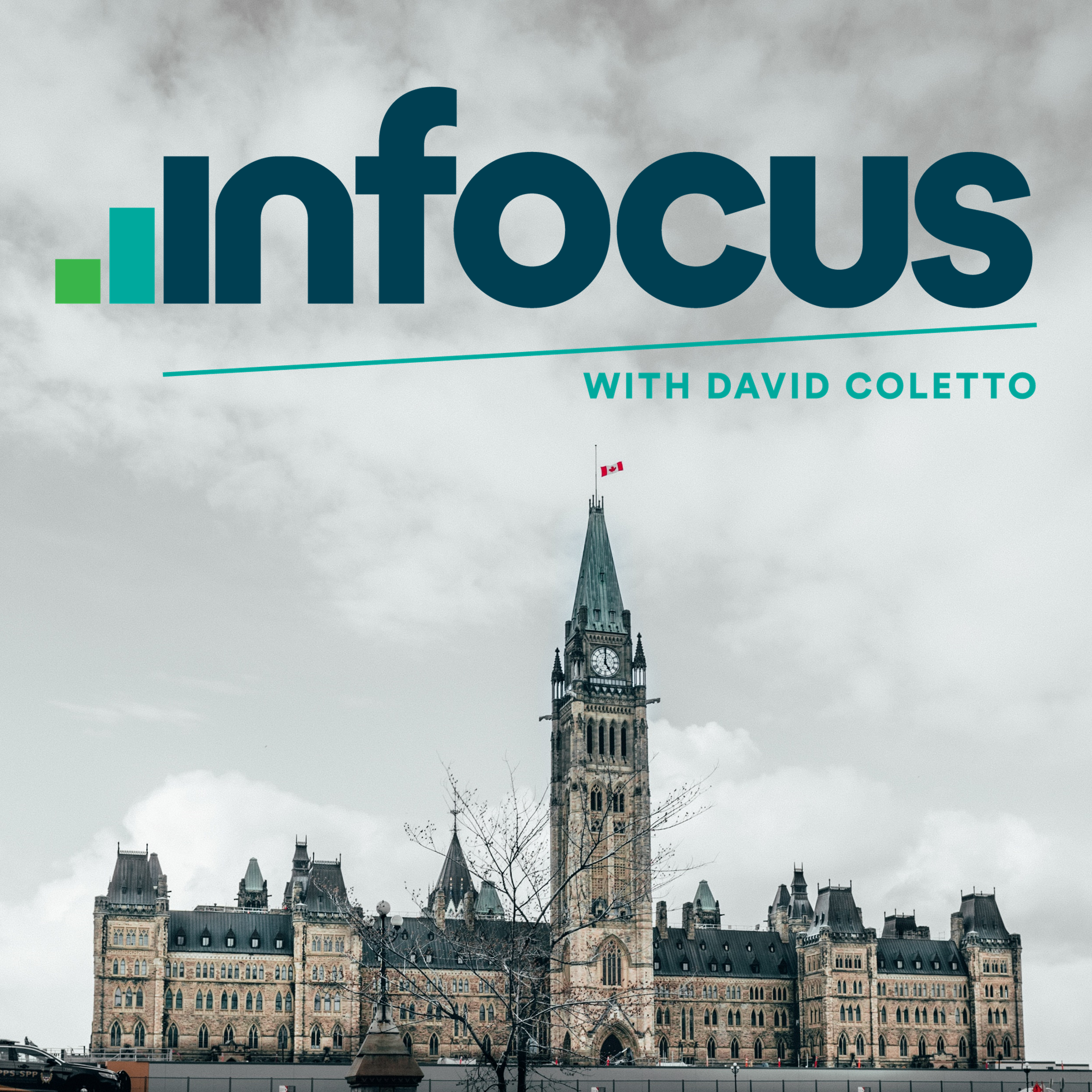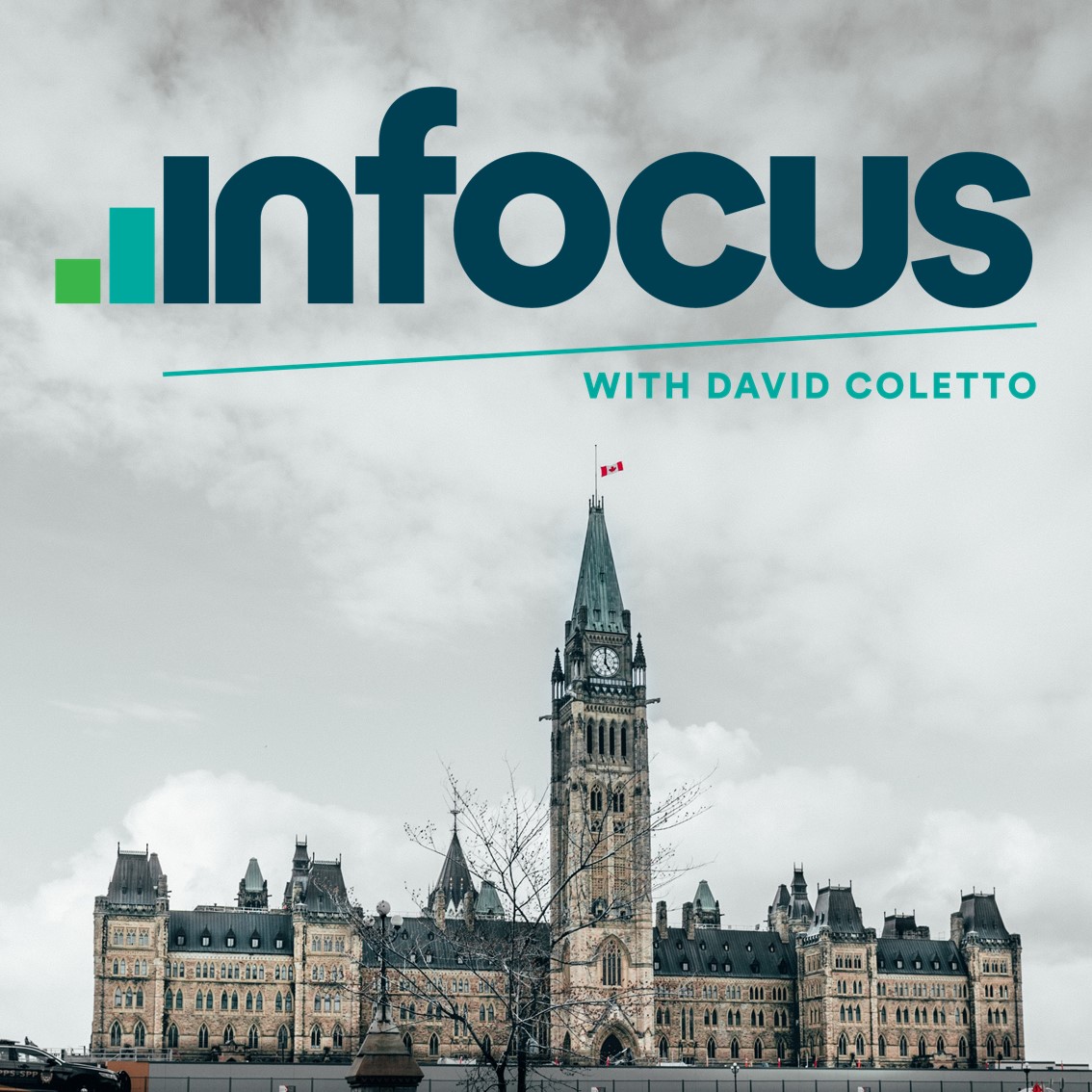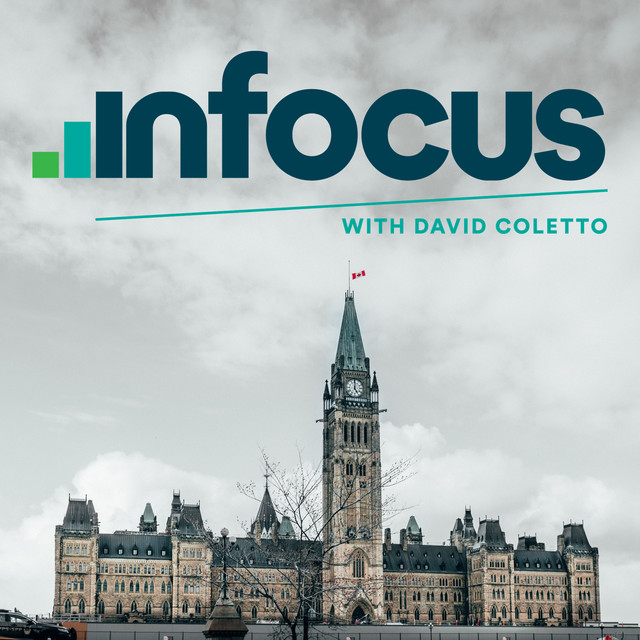Episode Transcript
[00:00:00] Foreign.
[00:00:18] Well, hey, everyone. Welcome back to In Focus with David Coletto. I'm David Coletto. With just a week left in this federal election campaign, something really interesting, maybe even a little unexpected, is happening. What started out as a textbook change election has flipped into something entirely different. Today on the podcast, I want to talk about a concept that came to me just this weekend. A term called disruptophobia. It's not in the dictionary, at least not yet, but I define it as an intense fear of sudden change, especially when it threatens our sense of stability, stability or comfort. And in 2025, disruptophobia, I think, is shaping Canadian politics in real time. Let me take you back to January. The public mood was dark. Canadians were frustrated with inflation, housing costs, and what felt like a federal government running on empty. Pierre Poliev and the Conservatives had built a compelling case for change. And it was working. At the end of 2024, the Conservatives were leading by 27 points. Only 12% of Canadians thought the Liberals deserved to be re elected. It looked like a wipeout was coming.
[00:01:31] And then everything shifted. Trudeau resigned. Mark Carney stepped in. And at first it seemed like a desperate Hail Mary. But then Donald Trump was inaugurated. His threats of annexation and tariffs rattled the country. And with that, the ballot question of the upcoming federal election shifted dramatically. Suddenly, the election wasn't just about groceries and gas. It became about who could protect Canada from Trump's chaos. And that's when disruptophobia kicked in. The anxiety that many Canadians were feeling about their lives, their jobs, their retirement savings, their housing and economic futures was replaced or even overshadowed by a broader precarity and anxiety caused by Donald Trump. It wasn't who could fix these things or make them better, but who would protect us from them getting worse. And that's where Mark Carney comes in. Now, he's not a natural politician, but he's trusted, especially by voters who feel the most precarious. In our abacus data, precarity index, those who who feel the most uncertain about the future, those that we call high or extreme precarity, voters overwhelmingly prefer Carney to Poliev. Among these voters, 76% say Carney is their preferred prime minister. In a head to head now, that's a staggering number.
[00:03:02] They see him as calm, competent and capable of managing both the economy and the Trump factor. Even people who think the country is on the wrong track say they'll vote Liberal if they believe Mark Carney is the best person to lead them in these uncertain times. Now, our most recent advanced analysis backs this up. I posted both analyses on the Abacus data website over the last two weeks, and what it shows is the strongest predictor of a liberal vote is believing that Mark Carney and the liberals are best able to manage the economy. And. And Donald Trump. This election more than most, is about risk, not ideology, not party loyalty. It's about who feels safest in the driver's seat during this storm. Now the ballot question has changed and the parties are scrambling to adapt. For many, the liberals have effectively leaned into this idea of stability. They changed leaders. Mark Carney killed the carbon tax, and they've turned the focus outward to threats like Trump and global instability. Their message, you don't have to love us, you don't have to think we were the best government in the past, but we're the safest choice today. The conservatives, meanwhile, are trying to bring it back to affordability and government failure. And their argument is another liberal term is the real risk the problem? That threat doesn't feel as immediate for as many voters. For many voters, Trump feels scarier than taxes. Trump feels scarier than the prospect of another four years of liberal government. And Carney, whether fair or not, feels like the guy who can stand up to him. So now we're in a campaign where both sides are trying to transfer risk onto the other. For the liberals, it's saying, quote, were the change within continuity, for the conservatives were the only real change. But here's the catch. Carney's narrative is resonating more right now because it meets people where they are not angry, but anxious. And anxiety doesn't lead to bold leaps, it leads to cautious steps. Poliev's base is loyal, but it's not growing. His best predictor of support, whether people personally like him, but our but agreement with him on issues like housing or inflation doesn't always translate to a vote, especially when voters are nervous about what lies ahead. So where does this leave us? Well, I think Carney continues to have the edge. He's not winning because people are thrilled with the liberals. He's winning because enough voters believe he is the lower risk option in a high risk world. That's the paradox of 2025. The party of change is benefiting from continuity and the party of disruption is being punished by disruptophobia. But there's still time, few days left in this campaign. If the conservatives can refocus the campaign on change, get more people to be thinking about change and the discontent with the status quo, they could close the gap. If not, we may look back and say the world changed the question, and the liberals just happened to have the right answer. That's it for this week on InFocus with David Coletto. I'll be back later this week with an update on our latest Abacus data poll. As always, if you enjoyed this, if you think others should hear, please like share subscribe to this podcast. You can find more insights at abacusdata ca and on my personal substack davidcolletto1l2t's.com.
[00:06:41] substack.com until the next time. Talk to you soon. Thanks.


